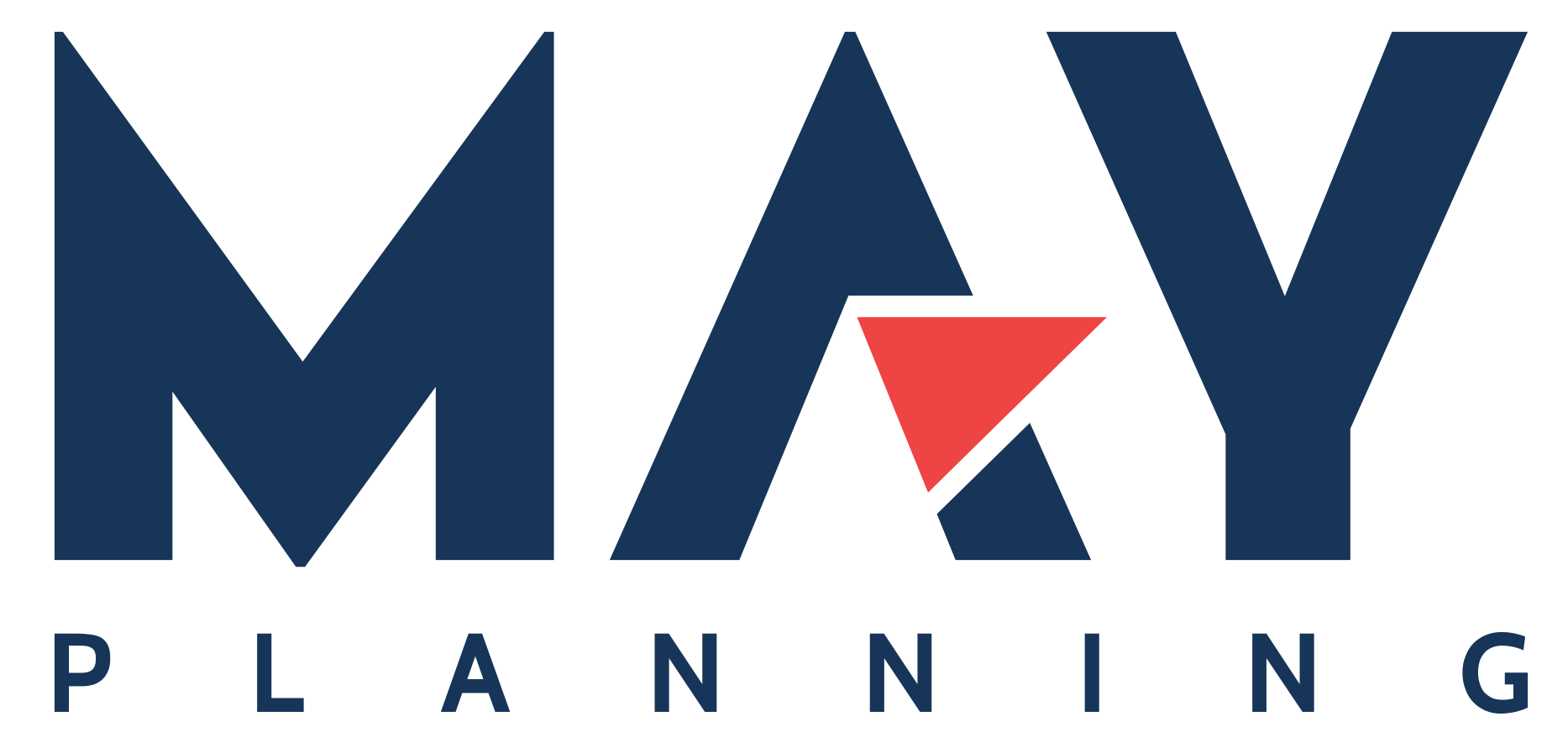7 Emerging ERP Trends
2. Cloud ERP
Until recently, the complexity of ERP applications has made vendors wary of adapting to rapidly evolving technologies. However, the steady advancement and reliability of cloud vendors dominating the playing field have encouraged them to cash in on the advantages of the cloud and to deliver more flexible Software as a Service (SaaS) solutions. The chief benefits of cloud ERP are better access to real-time data, reduced costs, improved business agility and improved collaboration and business relationships. True web interface solutions offer more advantages than hosted versions of legacy ERP.
3. Security
With the increased use of cloud-based solutions, security breaches are a major concern. The more the volume of data stored, the more sophisticated the breaches. The ideal ERP system will have a multi-level security set up with one of the layers based on predictive analysis of user behavior. It will also have sound encryption and role-based, user-level security capabilities.
4. Flexibility
Changes in the business environment are faster than ever before. With these changes in environment, business requirements change as well. In order to maintain its competitive edge, any ERP system an organization uses should be flexible enough to quickly adapt and accommodate these changes. Some of the aspects to consider are scalability, interoperability and the effects of upgrading and updating.
5. Mobile ERP
Mobility is fast becoming a mainstream technology. Because of this, employees, especially those in sales, can access and take advantage of their organization’s ERP solutions from anywhere. ERP vendors are now building add-ons and extensions that would bring mobility to the forefront as opposed to mobility being a secondary option. To be fully functional, mobile ERP solutions should support the use of multiple devices. Also, web-based solutions are more advantageous to native, device-specific solutions.
6. Business Intelligence
ERP solutions facilitate more efficient operations based on the data they provide. But most of the data is not put to any practical use. More and more businesses are beginning to combine ERP solutions with business intelligence (BI) tools in order to make all that data work for them. A BI-enabled ERP solution with dynamic reporting tools that provide the right information at the right time will be a veritable asset to any business.
7. Social ERP
Collaboration has a positive impact on staff engagement and productivity. ERP software with add-ons that emulate the functionality of social networking tools is becoming increasingly popular. Features like chat and message boards can facilitate better collaboration. Check communication tools for asynchronous features and e-mail integration. In conclusion, to stay ahead of the competition, both ERP vendors and customers need to adapt to these evolving trends. Vendors need to understand how they can integrate new technologies with their current ERP systems. Customers must have a clear idea of what they hope to get out of ERP solutions. Return on investment (ROI) will no longer be the only aspect businesses will have to consider in terms of ERP solutions. (Source: TOOLBOX/TECH)]]>


